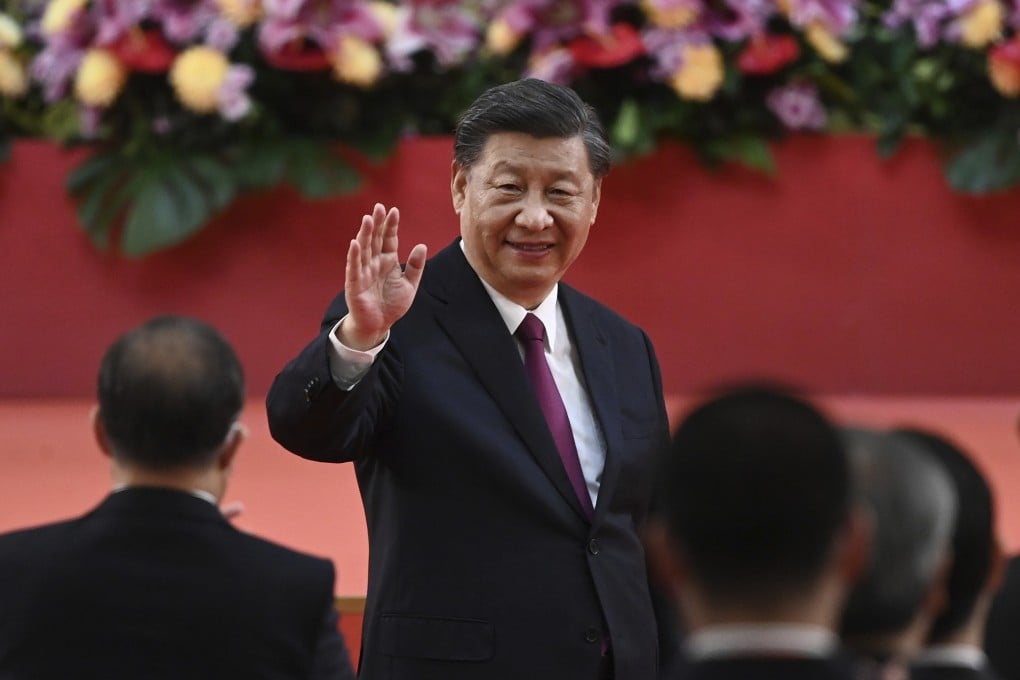Advertisement
China Briefing | Does Xi’s Hong Kong trip mean Chinese leaders are moving past Covid, returning to global scene?
- Xi Jinping had not left the Chinese mainland since a trip to Myanmar in January 2020, days before the city of Wuhan was locked down due to Covid-19
- Absence of China’s leaders from the global stage has been detrimental to the country’s reputation and image at a time when the world is facing drastic changes
Reading Time:4 minutes
Why you can trust SCMP
10

Does President Xi Jinping’s arrival in Hong Kong on Thursday, his first visit outside mainland China in two-and-a-half years, signal a possible return of China’s leaders to the global scene and an end to their self-imposed isolation?
This question has critical implications for China and its relationship with the rest of the world.
Until the last minute, Chinese officials remained coy about whether Xi would preside over celebrations marking 25 years since Hong Kong’s return to the motherland and the swearing in of incoming chief executive John Lee Ka-chiu in person or through a video link.
Advertisement
After all, Xi had remained at home and halted international travel for nearly 900 days since his state visit to Myanmar in January 2020, just days before the city of Wuhan went into lockdown. Since then, China has implemented a strict zero-Covid policy which largely closes the borders and discourages overseas travel.
Because of a Covid surge in Hong Kong registering thousands of daily cases, mainland authorities reportedly prepared several plans. The worst case scenario was for Xi to preside over the ceremonies via video link. In the end, they appeared to agree on a compromise plan which was to have Xi arrive in Hong Kong on Thursday afternoon to attend the welcome dinner and other activities and then spend overnight in neighbouring Shenzhen before returning to Hong Kong for the big day on July 1.
Advertisement
Advertisement
Select Voice
Choose your listening speed
Get through articles 2x faster
1.25x
250 WPM
Slow
Average
Fast
1.25x

